

Articles
What Is 4 Wire Electrical Wire
Modified: October 28, 2024
Learn about the uses and benefits of 4 wire electrical wire in this informative article. Discover how 4 wire electrical wire is essential for safe and efficient electrical installations.
(Many of the links in this article redirect to a specific reviewed product. Your purchase of these products through affiliate links helps to generate commission for Storables.com, at no extra cost. Learn more)
Introduction
In the world of electrical wiring, understanding the basics is crucial for safe and efficient installations. Whether you’re a DIY enthusiast or a professional electrician, having a good grasp of the different types of electrical wire is essential. One particular type of wire that you may come across is 4-wire electrical wire.
This article aims to provide an in-depth explanation of what 4-wire electrical wire is, its composition, how it works, and its applications. By the end, you’ll have a better understanding of this type of wire and its role in electrical systems.
So, let’s dive in and explore the world of 4-wire electrical wire.
Key Takeaways:
- 4-wire electrical wire offers flexibility and safety benefits, allowing for various wiring configurations and providing dedicated paths for electrical surges. It enhances performance and compliance with electrical codes, making it a versatile choice for installations.
- While 4-wire electrical wire provides improved safety and performance, its complexity, cost, and space requirements should be carefully considered. Consulting with a qualified electrician can help make informed decisions for specific wiring needs.
Read also: 10 Best 4 Gauge Electrical Wire for 2025
Understanding Electrical Wire Basics
Before discussing 4-wire electrical wire specifically, it’s important to have a basic understanding of electrical wire in general. Electrical wire is a conductive material that carries electrical current from one point to another. There are several key factors to consider when it comes to electrical wire:
Types of Electrical Wire
There are different types of electrical wire available, each with its own specific purpose and application. The most common types include:
- Non-Metallic (NM) Cable: Also known as Romex, NM cable is a common type of wire used for residential wiring. It consists of multiple insulated wires bundled together with a non-metallic sheath.
- Armored Cable (AC): Commonly known as BX cable, armored cable is a flexible metal-clad cable that provides protection against physical damage.
- Single Conductor: This type of wire consists of a single conductor covered in insulation. It is often used in industrial applications where flexibility is required.
- Coaxial Cable: Coaxial cable consists of a central conductor surrounded by insulation, a metal shield, and an outer insulating layer. It is commonly used for television and networking applications.
Conductor Materials
The conductor is the central part of the wire that carries the electrical current. It is typically made of one of the following materials:
- Copper: Copper is the most common conductor material due to its excellent conductivity and corrosion resistance.
- Aluminum: Aluminum conductors are less expensive than copper but have lower conductivity. They are often used in larger power distribution applications.
- Silver: Silver is an excellent conductor, but it is costly and less commonly used in electrical wiring.
Insulation Materials
The insulation on the wire provides protection and prevents the electrical current from escaping or coming into contact with other conductors. Common insulation materials include:
- PVC (Polyvinyl Chloride): PVC is a common insulation material known for its durability and resistance to moisture and chemicals, making it suitable for a variety of applications.
- PE (Polyethylene): Polyethylene insulation is flexible and resistant to extreme temperatures, making it ideal for outdoor and underground wiring.
- Rubber: Rubber insulation is flexible and resistant to heat and chemicals, making it suitable for high-temperature applications.
Read more: What Is An Electrical Wire
Wire Gauge
Wire gauge refers to the size or diameter of the wire. It is denoted by a number, with smaller numbers indicating thicker wires. The gauge of the wire is important as it determines the maximum amount of current the wire can safely carry. Thicker wires with lower gauge numbers can handle higher currents without overheating.
Now that we have a good grasp of the basics, let’s continue our exploration by delving into 4-wire electrical wire and its unique characteristics.
What Is 4-Wire Electrical Wire?
4-wire electrical wire, also known as four-conductor wire, is a type of electrical wire that consists of four separate conductors housed within a single cable or sheath. Each conductor carries an electrical current and serves a specific purpose in electrical installations.
Composition
A typical 4-wire electrical wire contains four individual conductors, color-coded for easy identification. The most common color codes are black, red, white, and green. However, other color combinations may be used depending on the specific application or regional electrical codes.
The black wire is typically the hot wire, carrying the standard line voltage. The red wire is often used as a secondary hot wire in a split-phase system or for three-way switch wiring. The white wire is the neutral wire, providing a path for the return current. Lastly, the green wire is the grounding wire, providing a safe route for electrical surges.
Common Applications
4-wire electrical wire finds its use in a variety of applications, including:
- Residential Wiring: 4-wire electrical wire is commonly employed in residential electrical installations. It is used for circuits that require two hot wires, a neutral wire, and a grounding wire. This includes applications such as kitchen appliances, electric dryers, and certain types of lighting fixtures.
- Commercial and Industrial Wiring: In commercial and industrial settings, 4-wire electrical wire is often utilized for higher voltage single-phase and three-phase circuits. It is commonly found in offices, factories, and warehouses, providing power for equipment, machinery, and HVAC systems.
- Audio and Video Systems: 4-wire electrical wire is sometimes used in audio and video systems where separate conductors are required for speakers or signal transmission. By using dedicated individual wires, interference and signal degradation can be minimized.
- Data Networking: In data networking applications, 4-wire electrical wire may be used for structured cabling installations. This allows for the separation and organization of data, voice, and video signals.
Overall, 4-wire electrical wire offers versatility and flexibility in various electrical installations, ensuring the safe and efficient distribution of electrical current.
Read more: How To Wire 4-Wire Thermostat
How Does 4-Wire Electrical Wire Work?
4-wire electrical wire operates by utilizing its four individual conductors to facilitate the flow of electrical current in a controlled and organized manner. Let’s explore its functionality and different wiring configurations:
Functionality
The black and red wires in 4-wire electrical wire are typically used as hot wires. They carry the line voltage and provide power to the connected devices or circuits. The white wire serves as the neutral wire, allowing the current to return to the source. Finally, the green wire functions as the grounding wire, providing a safe path for electrical surges and faults.
By separating the hot, neutral, and grounding conductors, 4-wire electrical wire ensures the safe and proper distribution of electrical current, reducing the risk of electrical shock and electrical fires. Additionally, it allows for the implementation of different wiring configurations to suit specific needs.
Wiring Configurations
4-wire electrical wire can be used in various wiring configurations depending on the specific electrical requirements. Here are some common configurations:
- Split-Phase: In a split-phase system, the black and red wires are connected to different phases, providing two separate 120-volt circuits. This configuration is commonly used in residential wiring for powering appliances such as stoves, ovens, and laundry machines.
- Three-Phase: Three-phase wiring utilizes three hot wires, including the black, red, and a third hot wire. It is commonly found in industrial and commercial settings, providing a higher power capacity for heavy machinery and equipment.
- Multi-Wire Branch Circuit: A multi-wire branch circuit utilizes 4-wire electrical wire to provide power to multiple outlets or devices from a single circuit. This configuration helps to balance the electrical load and optimize wiring efficiency.
- Audio/Video Wiring: In audio and video installations, 4-wire electrical wire can be used to separate different signals and prevent signal interference, allowing for high-quality audio and video transmission.
By understanding the specific wiring configuration requirements, electricians and installers can utilize the functionality of 4-wire electrical wire to create safe and efficient electrical systems.
Benefits and Drawbacks of 4-Wire Electrical Wire
4-wire electrical wire offers several advantages and has its limitations as well. Let’s take a closer look at the benefits and drawbacks of using this type of wiring:
Read more: What Is Electrical Wire Made Of
Advantages
- Flexibility: 4-wire electrical wire provides flexibility in electrical installations by allowing separate conductors for line voltage, neutral, and grounding. This flexibility enables the use of different wiring configurations and supports a variety of applications.
- Safety: The separation of the grounding wire in 4-wire electrical wire enhances safety by providing a dedicated path for electrical surges and faults. This helps protect both people and electrical equipment from potential hazards.
- Improved Performance: By using separate conductors for different functions, 4-wire electrical wire minimizes electrical interference and improves the performance of audio, video, and data networking systems.
- Adaptability: 4-wire electrical wire can be used in both residential and commercial applications, making it a versatile choice for various electrical installations.
- Compliance: Depending on the electrical codes and regulations in your area, using 4-wire electrical wire may be a requirement for specific applications, ensuring compliance with safety standards.
Limitations
- Complexity: The use of 4-wire electrical wire adds complexity to electrical installations due to the need to properly identify and connect the different conductors. This requires careful attention to detail to avoid mistakes during the wiring process.
- Cost: Compared to simpler wiring systems, the additional conductors in 4-wire electrical wire can increase the overall cost of the wiring project. However, the added safety and functionality may outweigh the initial investment.
- Space Requirements: The presence of multiple conductors within a single cable or sheath may require more space for routing and installation purposes. Careful planning and consideration of space requirements are necessary to ensure a proper fit.
Overall, 4-wire electrical wire offers significant benefits in terms of safety, flexibility, and performance. However, it’s important to consider the limitations and take them into account when deciding whether to use 4-wire electrical wire for a specific electrical project.
Conclusion
In conclusion, 4-wire electrical wire is a vital component in electrical installations, offering versatility and safety benefits. By understanding the basics of electrical wire and the unique characteristics of 4-wire electrical wire, you can make informed decisions when it comes to wiring your home or workplace.
4-wire electrical wire provides the flexibility to separate hot, neutral, and grounding conductors, allowing for different wiring configurations to suit specific needs. It finds applications in residential, commercial, and industrial settings, providing power to appliances, machinery, audio/video systems, and data networks.
The advantages of using 4-wire electrical wire include improved safety, better performance, and compliance with electrical codes. The separate grounding conductor helps protect against electrical surges and faults, and the individual conductors minimize interference, ensuring optimal audio, video, and data transmission.
However, it’s essential to consider the complexity and cost implications of 4-wire electrical wire installations. The need for proper identification and connection of different conductors adds complexity, and the presence of multiple conductors can increase the project’s overall cost and space requirements.
Ultimately, the decision to use 4-wire electrical wire depends on the specific requirements of your electrical project and the regulations you must adhere to. Consulting with a qualified electrician can help ensure that you make the right choice for your wiring needs.
By having a solid understanding of the basics and benefits of 4-wire electrical wire, you can confidently navigate your electrical installations and create safe and efficient electrical systems.
Now that you've got a handle on 4-wire electrical wire, why not expand your DIY skills further? If you're considering powering up your garage, our next guide on running overhead electrical wire is perfect. You'll learn safe, effective methods for wiring that crucial space where projects come to life and tools get powered up. Don't miss out on mastering another essential skill to keep your home running smoothly and safely.
Frequently Asked Questions about What Is 4 Wire Electrical Wire
Was this page helpful?
At Storables.com, we guarantee accurate and reliable information. Our content, validated by Expert Board Contributors, is crafted following stringent Editorial Policies. We're committed to providing you with well-researched, expert-backed insights for all your informational needs.

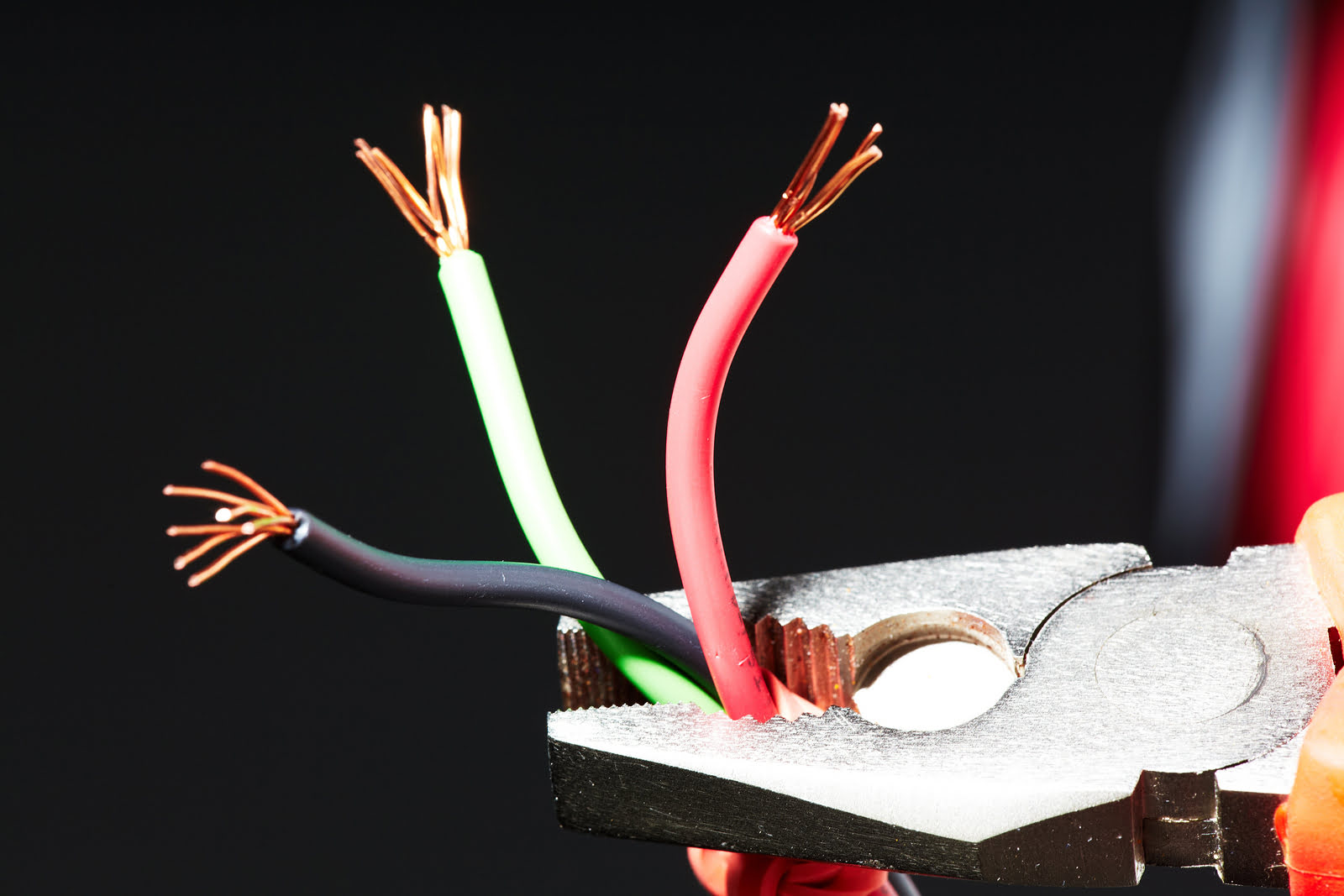
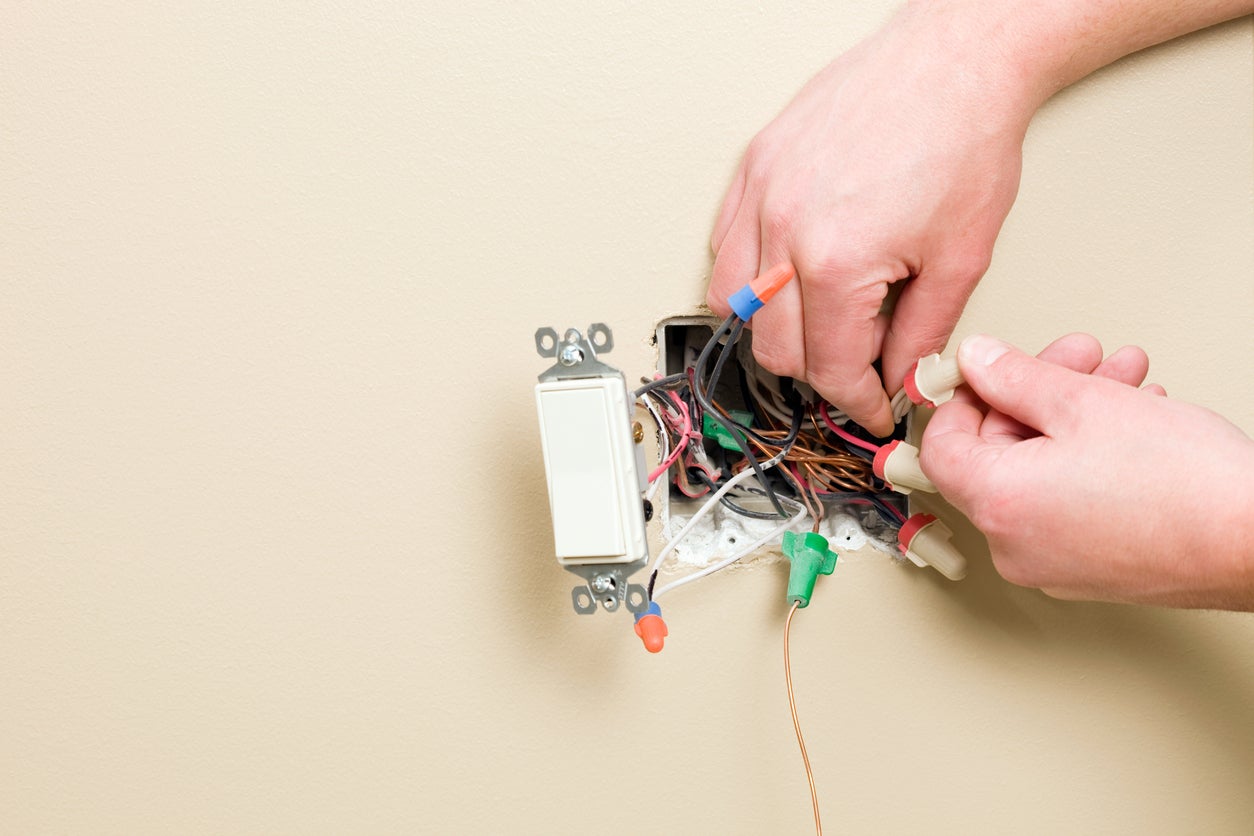
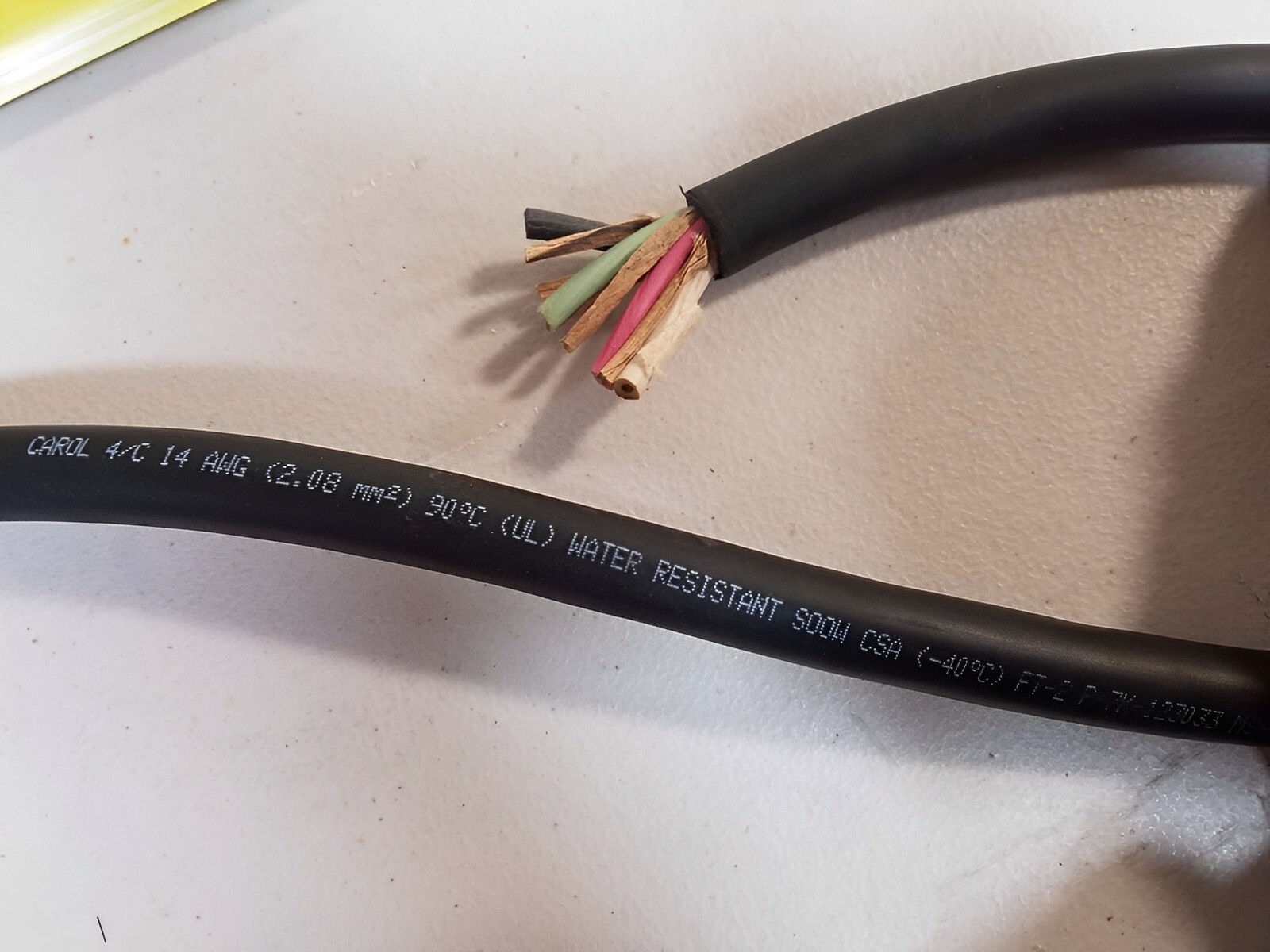
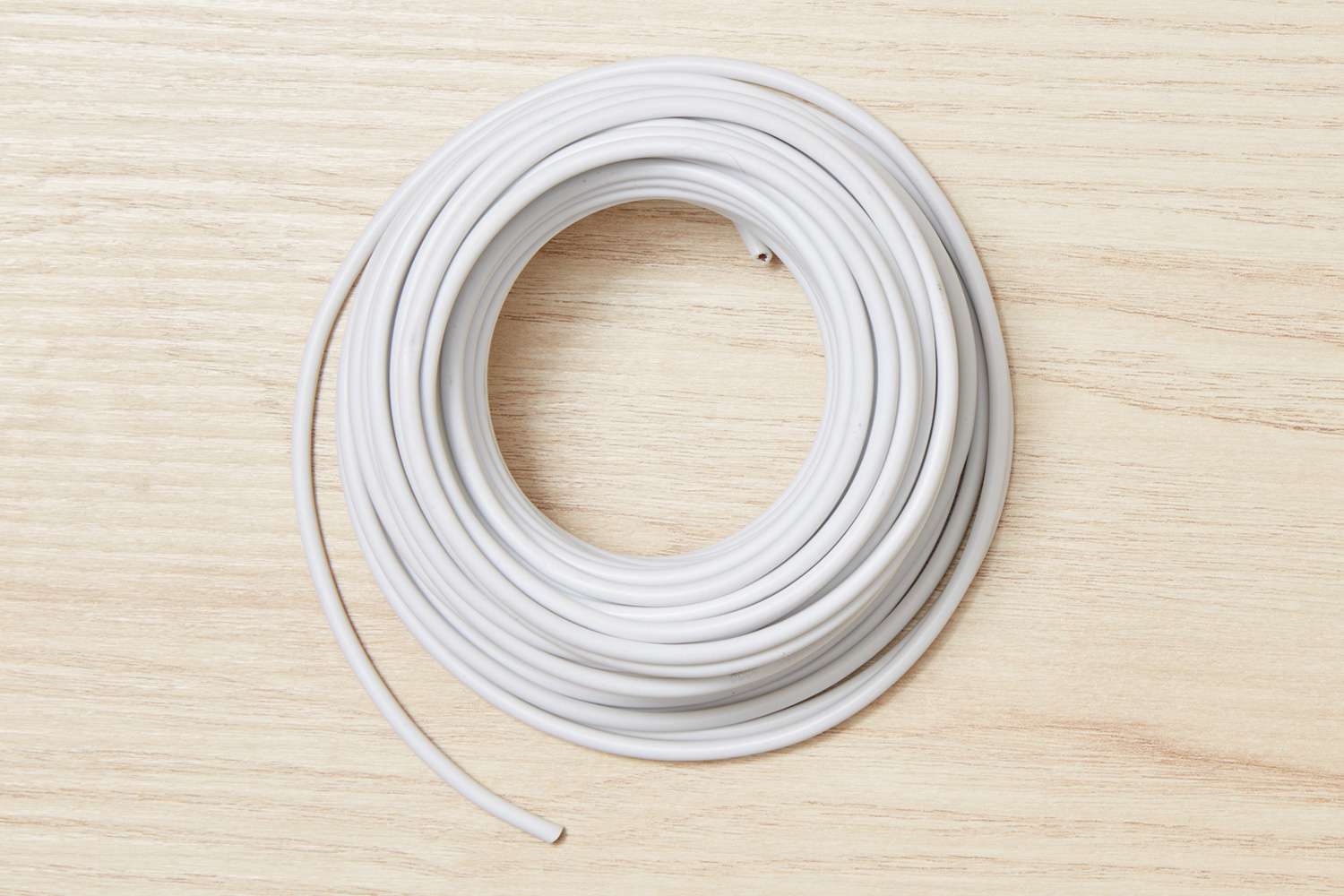
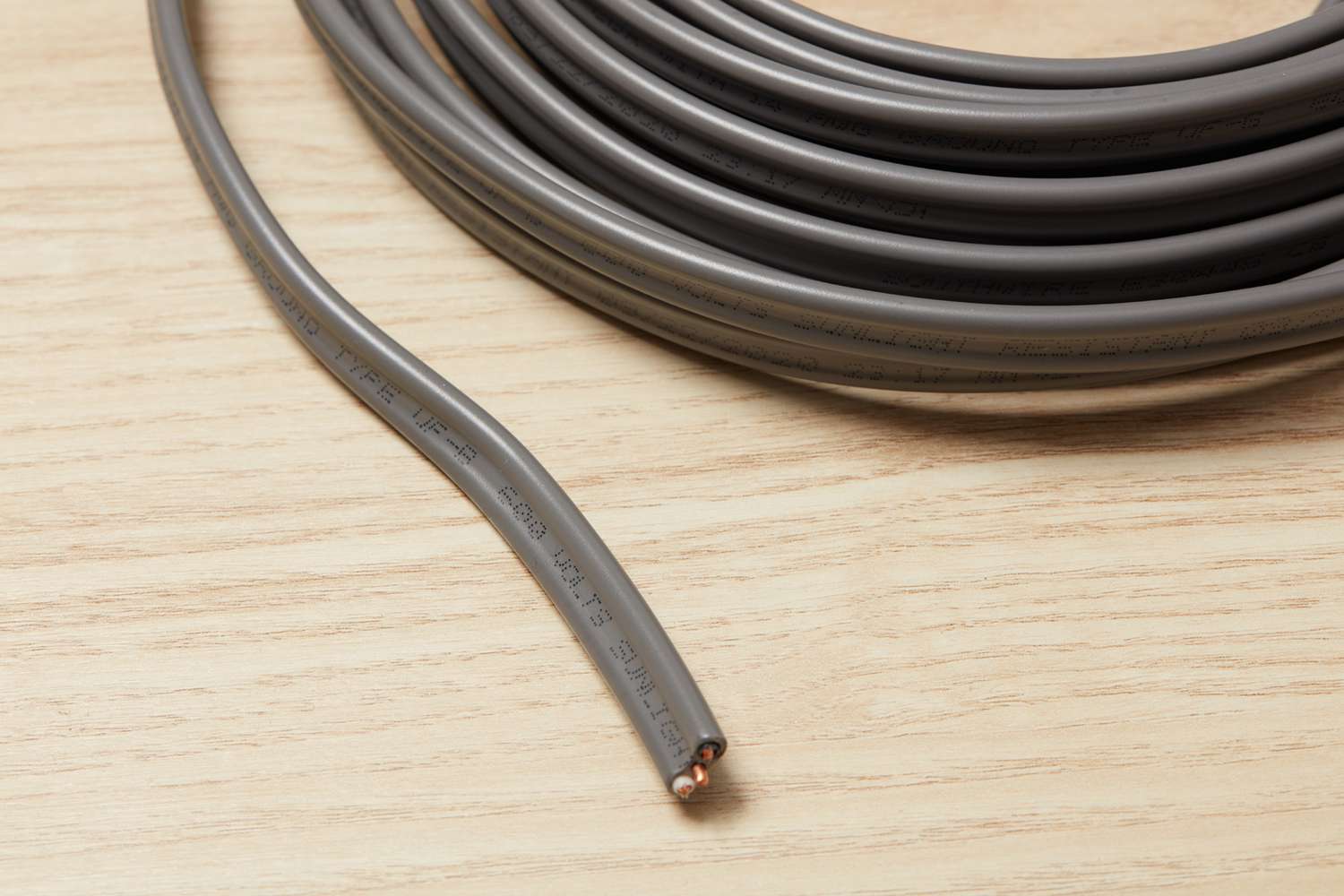
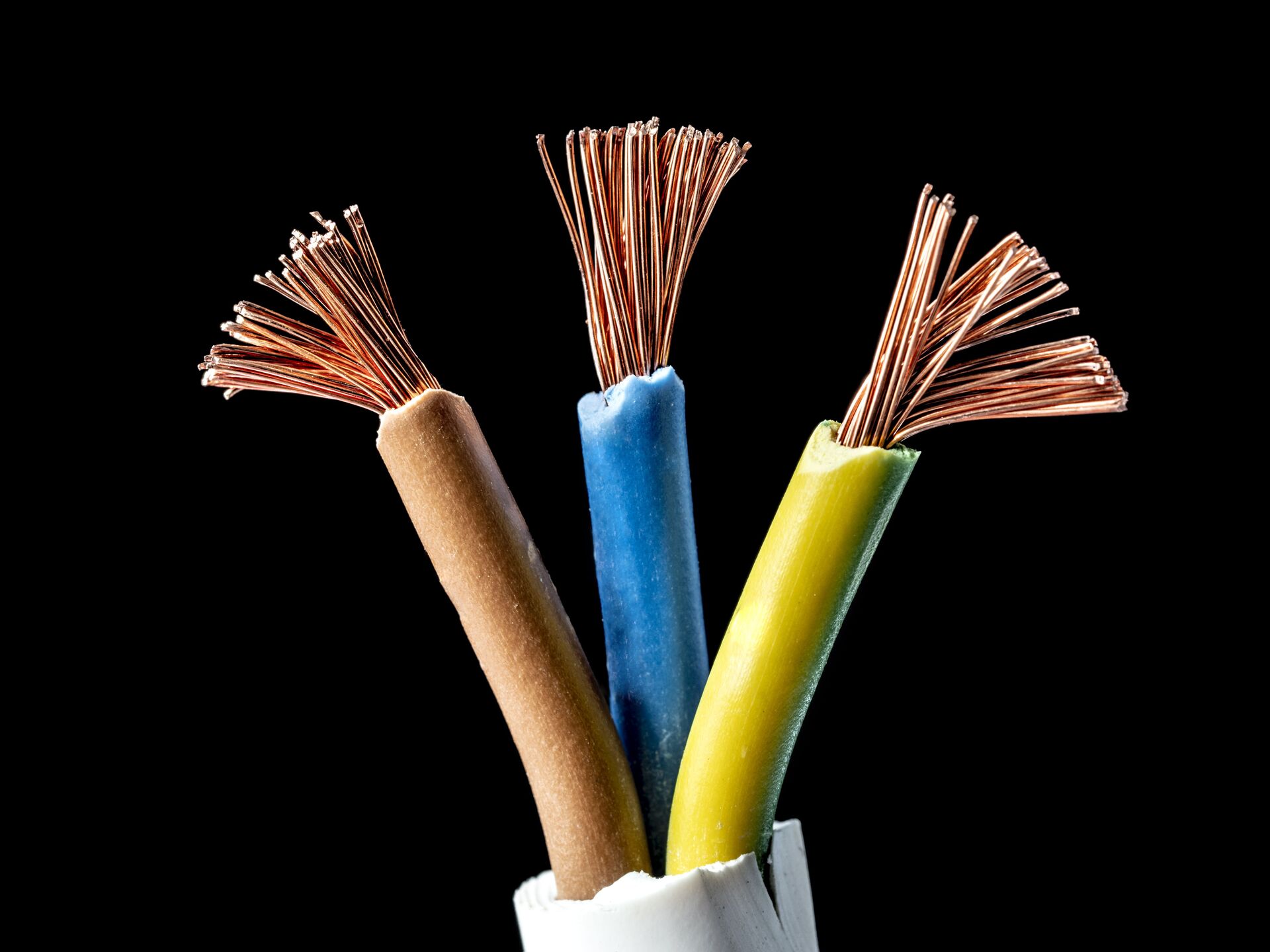
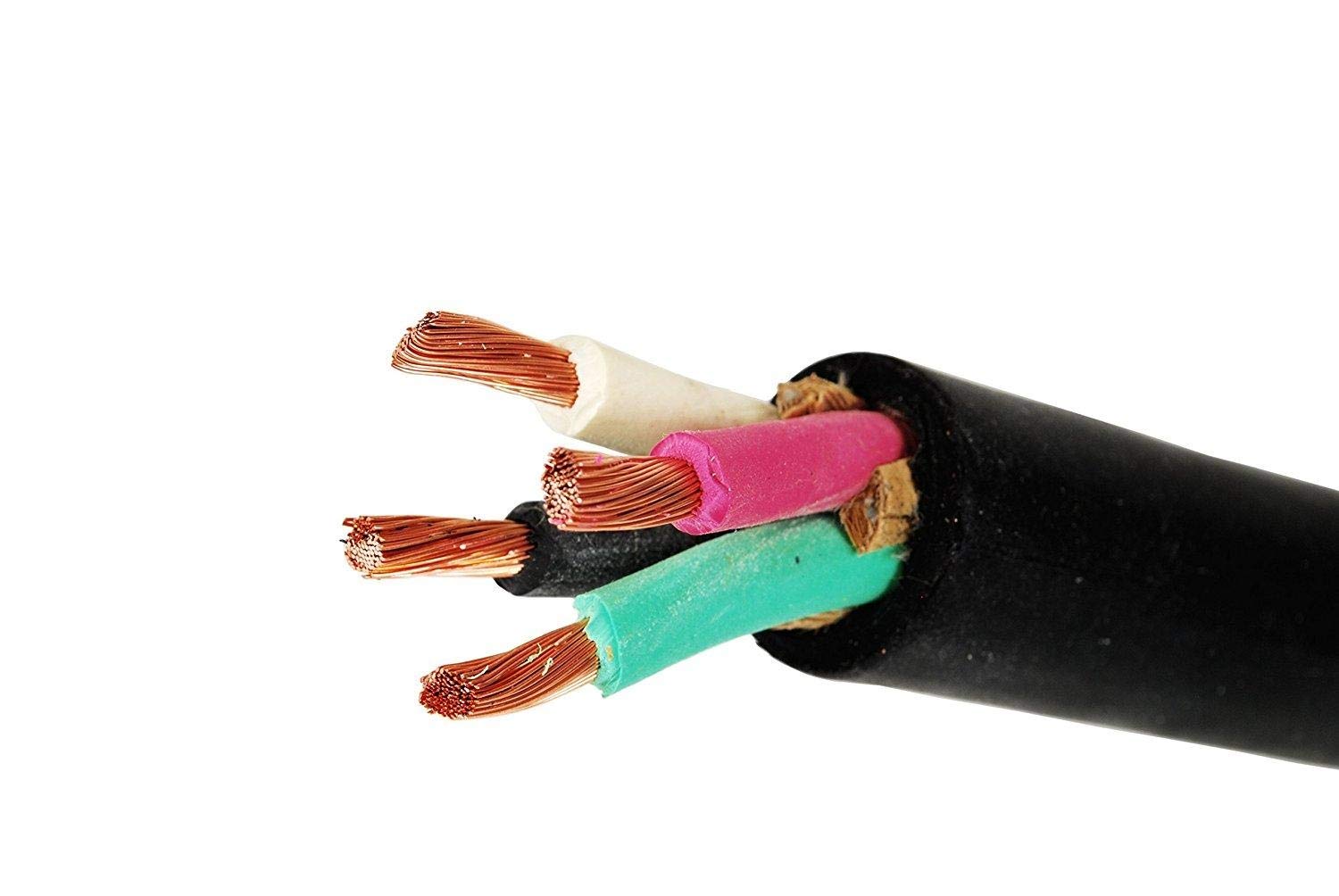
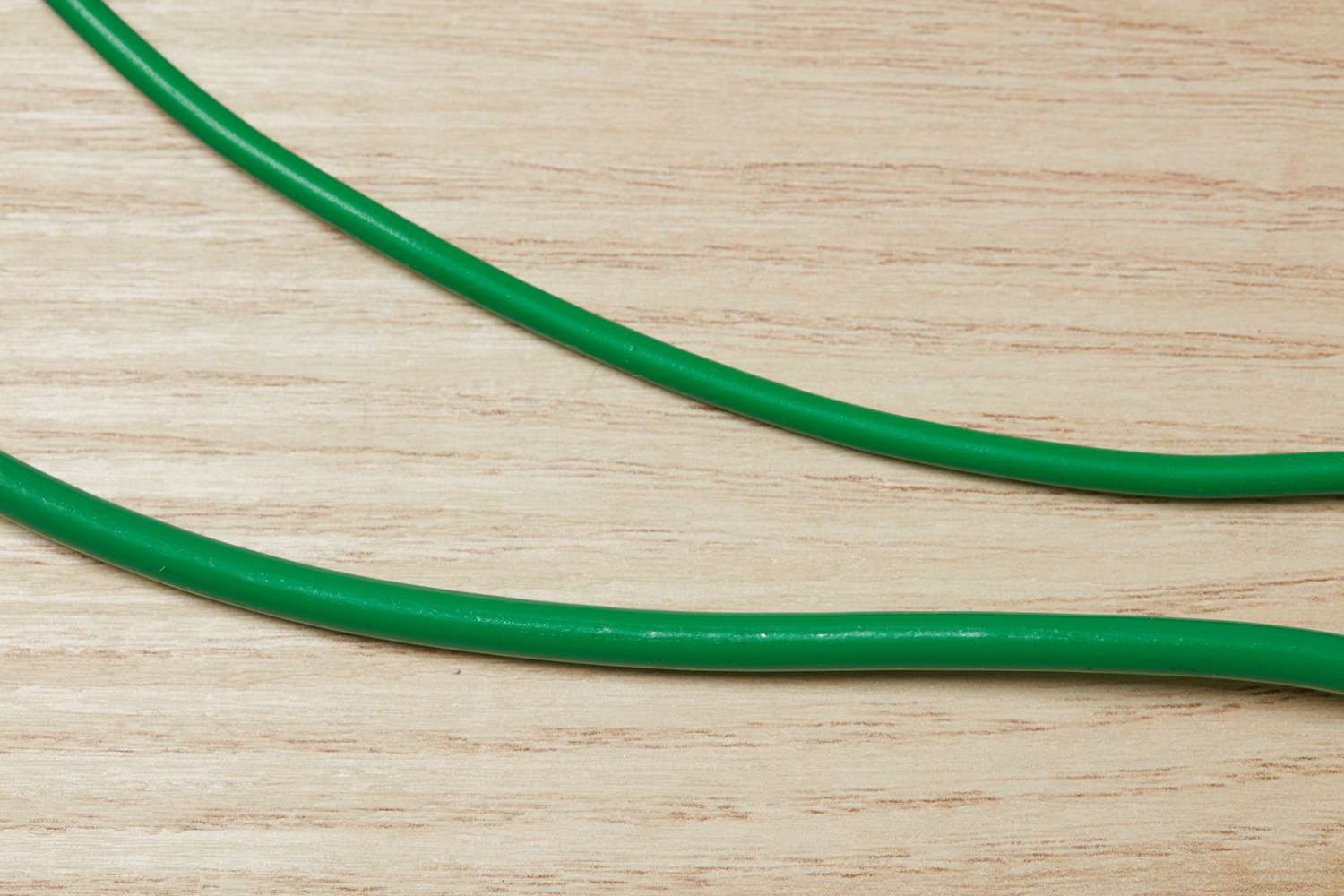
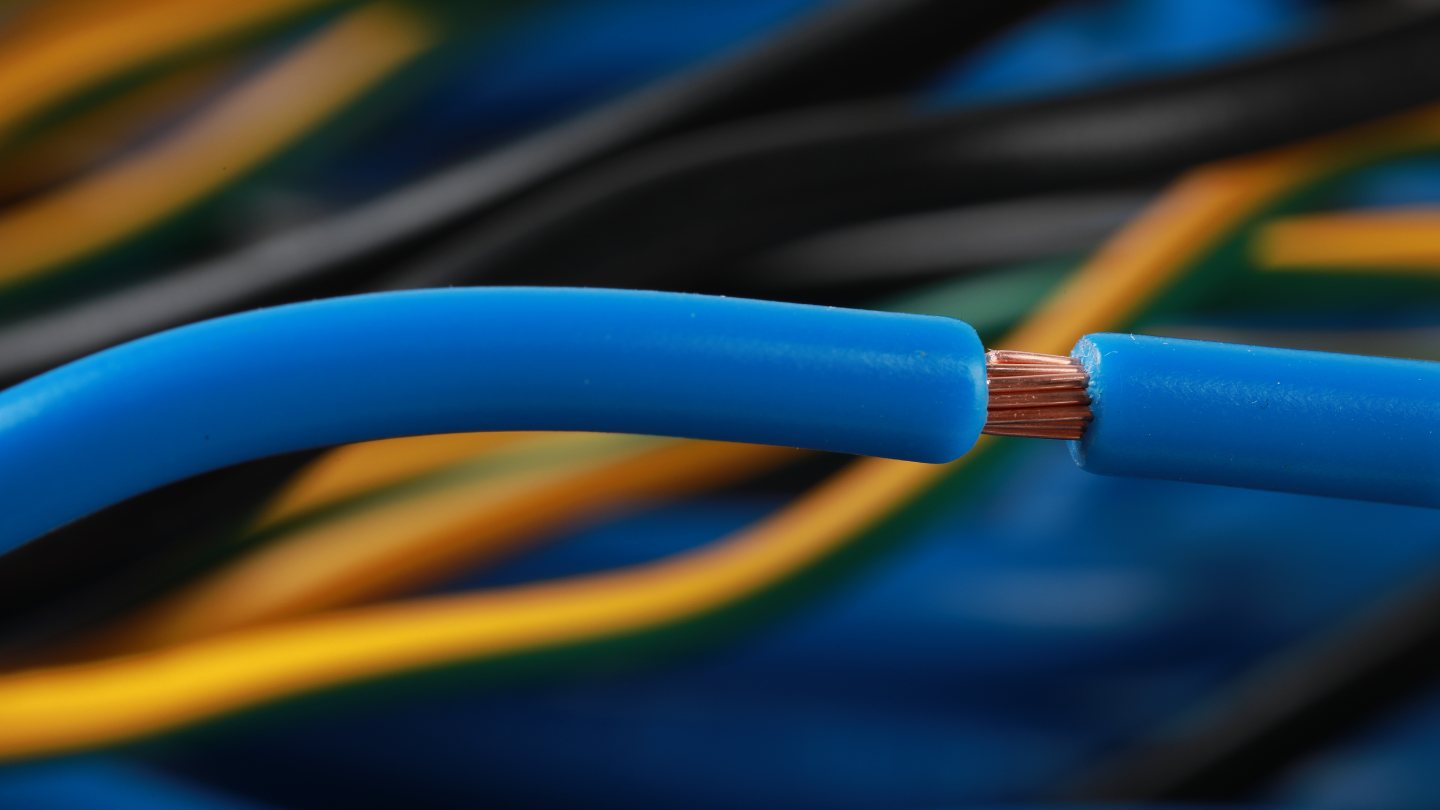
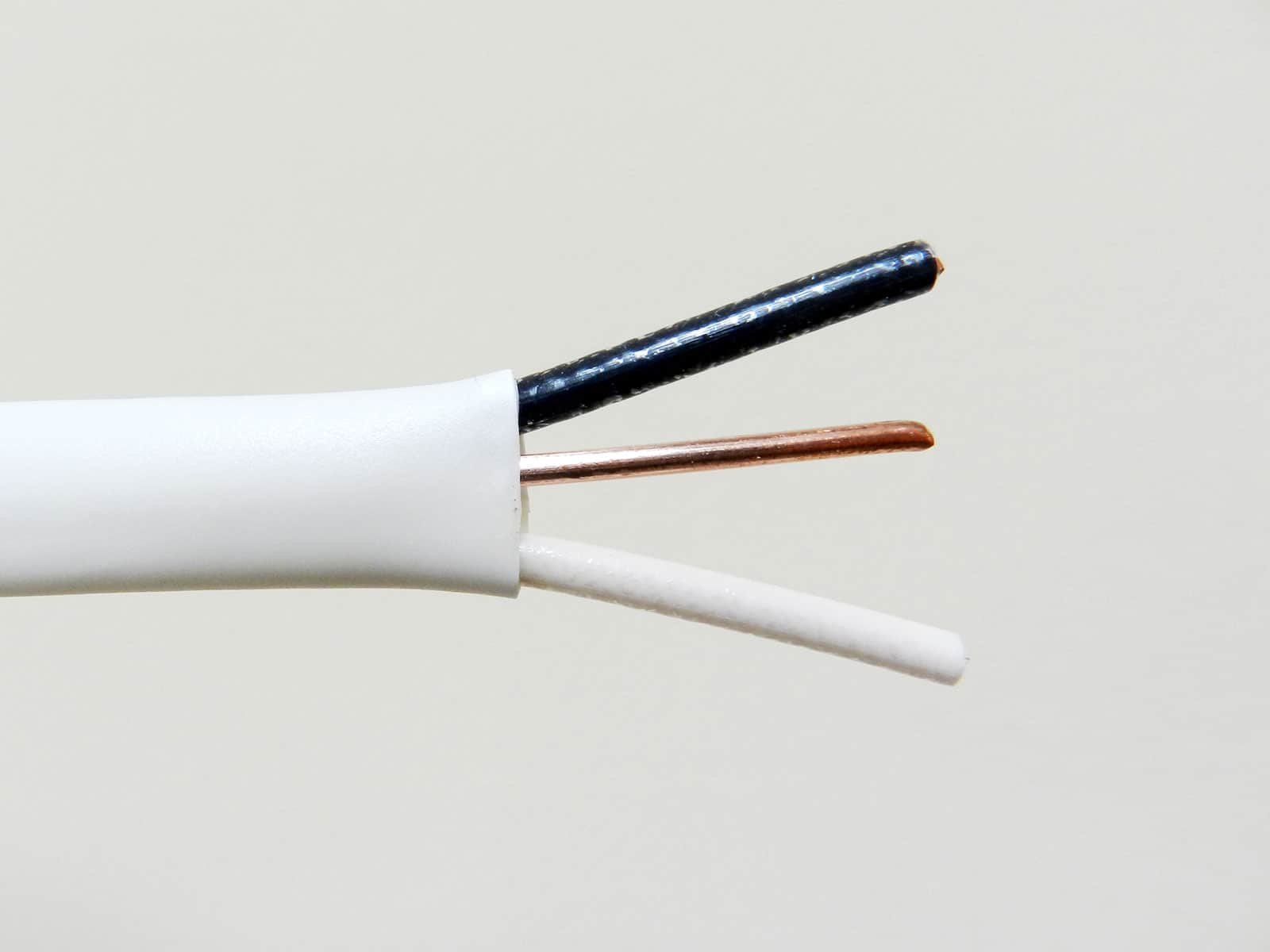
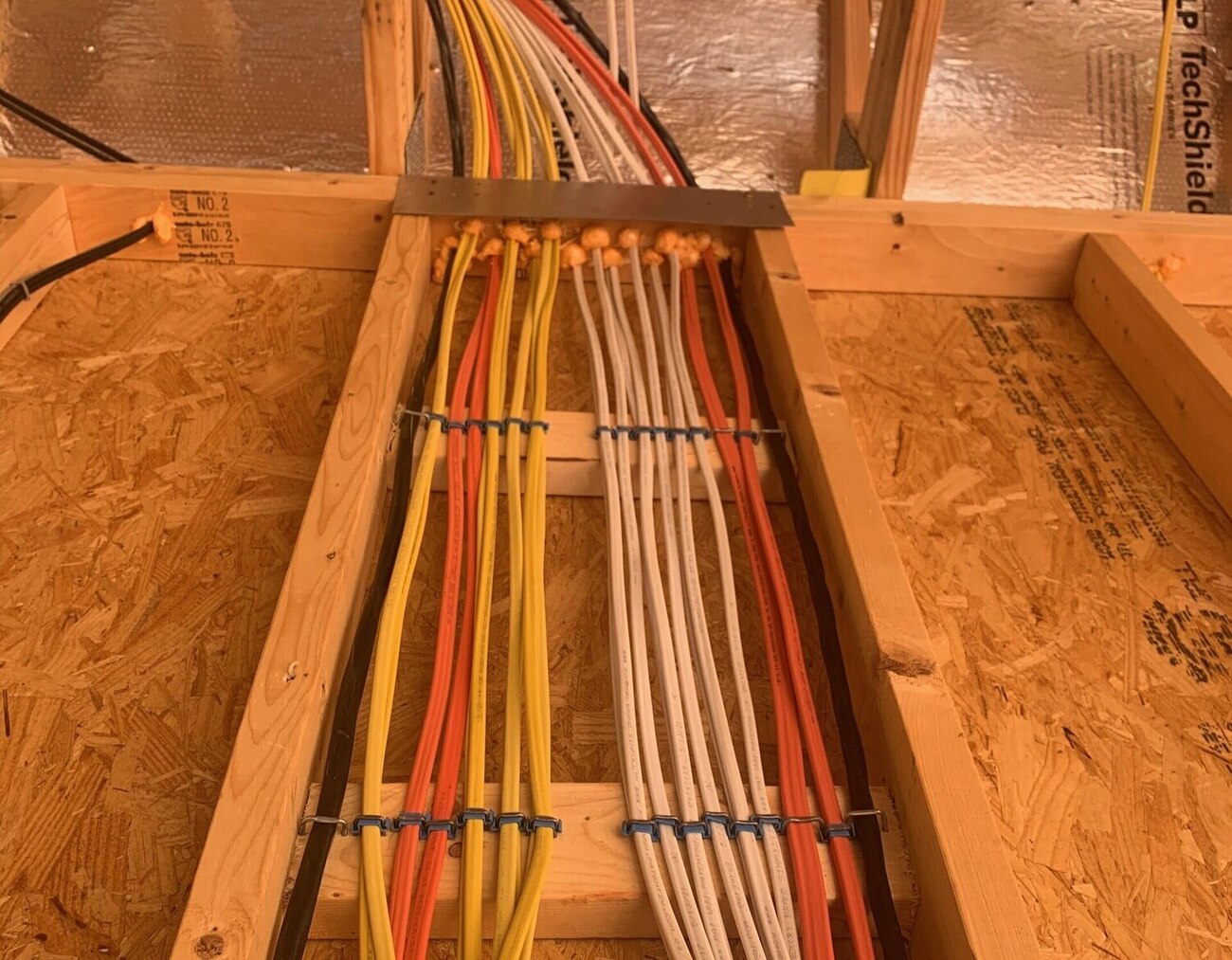

0 thoughts on “What Is 4 Wire Electrical Wire”